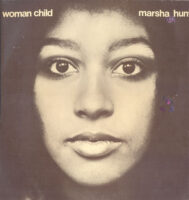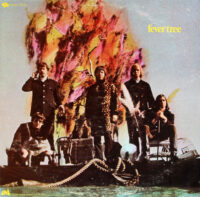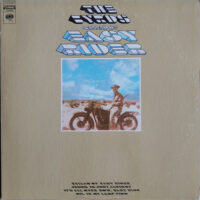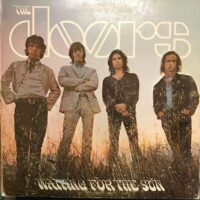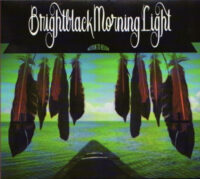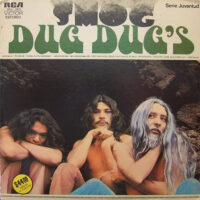
Dug Dugs are notorious for being the first Mexican group to sing in English and to cover the Beatles. The Fab Four’s knack for sweet melodies occasionally seeps into Dug Dugs’ sound throughout their catalog, but this mode—as nice as it is—is not their forte. No, Dug Dugs really shine when they’re scuzzing it up and conjuring thick clouds of distortion. When that happens, they stake their claim as one of the greatest Mexican rock bands ever. (A note about the band name: That apostrophe on the second “Dug” should not be there, as the moniker is a plural, and I’ve decided to delete it in this review.)
While the four albums that Dug Dugs recorded between 1971 and 1978 all have flashes of brilliance, their second LP, Smog, is the most consistently thrilling, the one that best showcases their passion and virtuosity. That becomes apparent from the opening title track. It’s a slab of intoxicating, staccato prog rock that rides the most scintillating flute motif this side of Kraftwerk’s first album. Beyond that, it ranks among the greatest songs about pollution, along with Joni Mitchell’s “Yellow Taxi,” Franco Battiato’s “Pollution,” Marvin Gaye’s “Mercy Mercy Me (The Ecology),” and Neil Young’s “After The Gold Rush.” The album’s longest song, “Hagámoslo Ahora – 2da. Parte Popurrí” is groove-heavy psych rock that fills you with revolutionary fervor and/or a surplus of libidinal energy. The excitement doesn’t flag for its entire 11 minutes, 48 seconds.
Even better are “I Don’t Care (Yo No Sé)”—serpentine psych rock to which you cannot be apathetic—and “¿Cuál Es Tu Nombre?” yet more super-charged psych rock that sticks in the mind as firmly as anything by your favorite Anglo-American group of the era. The record closes strongly with “No Somos Malos,” a beautiful brute of flute-powered psychedelia that would make Jethro Tull blow out their aqualung, and the surprising anomaly “Voy Hacia El Cielo (Voy Hacia El Sol),” whose orchestral psych of rich textural and melodic beauty points to Dug Dugs’ Beatles influence.
The last US reissue of Smog occurred in 2011 via Lion Productions; Sony Music re-released it in Mexico in 2022. It would be nice if an American label would bring Smog back into circulation, as second-hand copies are fairly pricey. -Buckley Mayfield
Located in Seattle’s Fremont neighborhood, Jive Time is always looking to buy your unwanted records (provided they are in good condition) or offer credit for trade. We also buy record collections.


